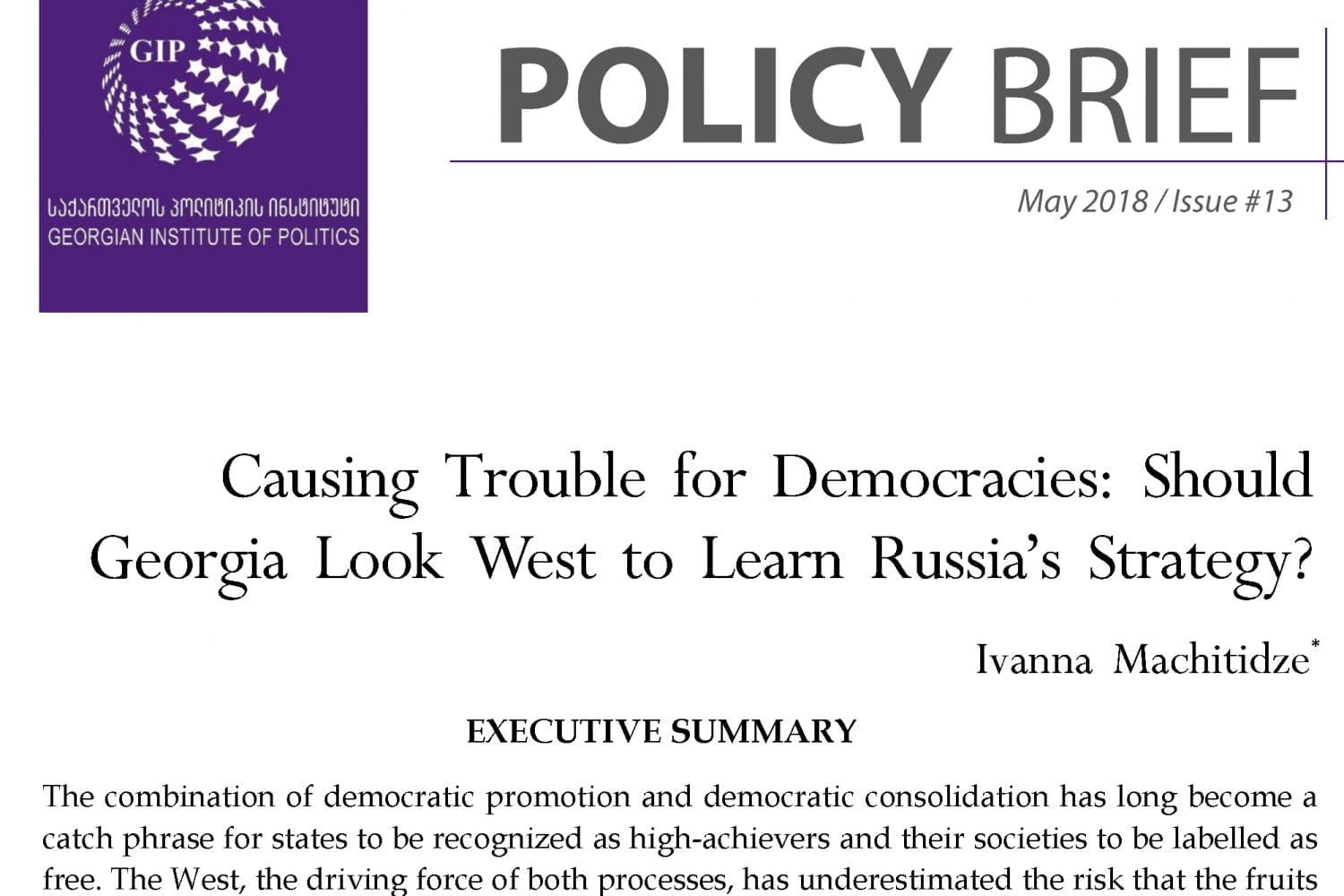2018-05-01 05:26:52
The combination of democratic promotion and democratic consolidation has long become a catch phrase for states to be recognized as high-achievers and their societies to be labelled as free. The West, the driving force of both processes, has underestimated the risk that the fruits of democracy promotion would be used for more nefarious goals than to aid its direct beneficiaries. However, the democratization process opens “windows of opportunity” for external actors to meddle via political parties and vibrant civil society, and find it relatively easy to breed agents that influence public opinion through country’s media freedom.
Alas, authoritarian powers have also been doing their homework, with Russia emerging as the most successful pupil. The Kremlin’s hard power rhetoric has been reinvigorated since the 2007 Munich Security Conference, in part by its strategy to protect ethnic Russians’ interests abroad as well as by its active promotion of Russian culture and history. Moscow has also influenced public discourse by demanding equal space for European and Russian values and the need to include Russia in international efforts to resolve complex issues, like Syria and terrorism.
Lacking its own normative power, the Kremlin has been actively promoting the weaknesses of Western democracies in an effort to stop its “Near Abroad” from following the democratization path. In addition to its successful use of soft power, Russia has been assertively developing strategies to breed popular distrust in democratic governments, fostering criticism for liberal values in Western societies. This process of discrediting democratic consolidation could have serious consequences for fragile democracies as democratic governance and the values associated with it risk losing their legitimacy.
This policy brief argues that Georgia should keep a close eye on Russia’s actions in the West to learn the Kremlin’s strategies to undermine democracy; known Russian tactics include exploiting popular dissatisfaction, deepening internal divisions and promoting civil society actors that are not necessarily pro-Russian but are illiberal and radical. Recommendations are also provided for domestic policymakers, as well as to international community with a view to effectively counteract possible Russian threats to Georgia’s democratic consolidation.




